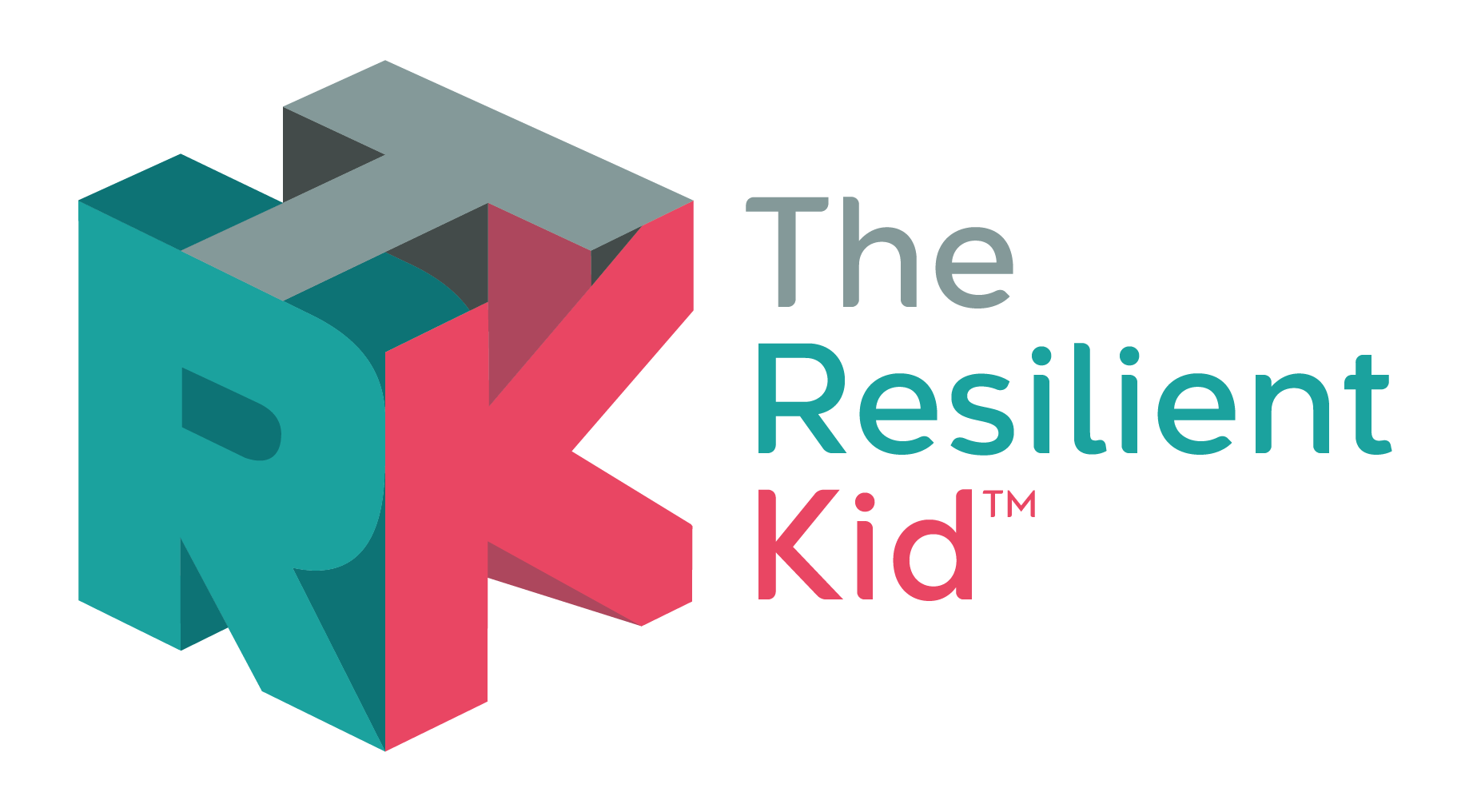
Cultivating Resilience in Children
07/09/2023
The Power of Connection and Belonging
In today's blog post, we'll delve into a vital topic we recently explored on the podcast: the significance of connection and belonging in building resilient kids.
The Foundation of Resilience: Connection
If you've been following our podcast journey, you're well aware that building resilience in children is a multifaceted process. Among its many facets, one stands out as the fundamental building block – connection. And I'm not talking about the virtual connections we find on social media platforms. No, it's the real-life, tangible connections that have the most profound impact.
As human beings, we are wired for connection. It's in our DNA. Research even tells us that infants who are fed regularly but lack human contact may not survive. It's a stark reminder of the importance of connection in our lives.
The Brain and Connection
Did you know that the absence of social connections can significantly affect brain development? Studies show that children who lack social connections may face a higher risk of depression, anxiety, and learning difficulties. In fact, it can even impact the parts of the brain responsible for storing memories and learning. Connection is not just an emotional need; it's a biological imperative.
The Challenges of Connection
In today's fast-paced world, it's not always easy to stay fully connected with our children. We find ourselves juggling work, household responsibilities, and providing for our families. Sometimes, we might reflect on our day and wonder how much quality time we've spent with our kids. The truth is, parenting is a monumental task, and we often go into autopilot mode just to keep up.
The Importance of Belonging
Belonging is another aspect closely tied to connection. As children approach adolescence, they naturally seek independence and gravitate towards peer groups. While this is entirely normal and crucial for their development, they should also know that they always have a safe haven within their family—a place where they truly belong.
Amelia Mayer's Insight
Amelia Mayer, in her enlightening TEDx talk, delves into the concept of not just belonging but being "claimed" by at least one person. This claim, this assurance of being valued and cherished, is fundamental for a child's sense of safety, belonging, and thriving. It's a powerful idea that resonates deeply with our mission of raising resilient kids.
Claiming Your Child
What can we do as parents to ensure our children feel claimed by us? It starts with active listening, without interruption. When they share their thoughts, it's crucial to provide them with uninterrupted time where they feel heard and seen. Open communication is the key.
Commit to Connection
Beyond material gifts, spending quality time with our children creates lasting connections. Consider experiences that strengthen your bond, whether it's a weekend getaway, a simple family meal, or a shared hobby. These experiences become cherished memories.
Model Good Friendship Skills
Children learn by observing. By modeling healthy friendship behaviors in our own relationships, we teach them the art of forming meaningful connections. Sharing both the positives and negatives of friendships gives them a well-rounded understanding.
Looking Out for Their Connection Circle
In addition to friends, there are other significant adults in your child's life. These may include aunts, uncles, coaches, teachers, and mentors. Knowing who these individuals are and nurturing those connections can provide valuable support to your child.
Conclusion
In conclusion, cultivating resilience in children is a multifaceted journey, and at its core lies the power of connection and belonging. As parents and caregivers, it's our responsibility to foster these essential elements in our children's lives. By doing so, we empower them to face life's challenges with strength and courage.
Stay connected with us on social media, explore our website for valuable resources and courses, and continue this enriching journey of raising resilient kids. Remember, you have the power to be that one significant person who positively impacts a child's life.
Thank you for reading, and we look forward to sharing more insights and strategies for nurturing resilience in our future posts. Together, we can help our children thrive in an ever-changing world.
Comments
Must be Logged In to leave comments.

